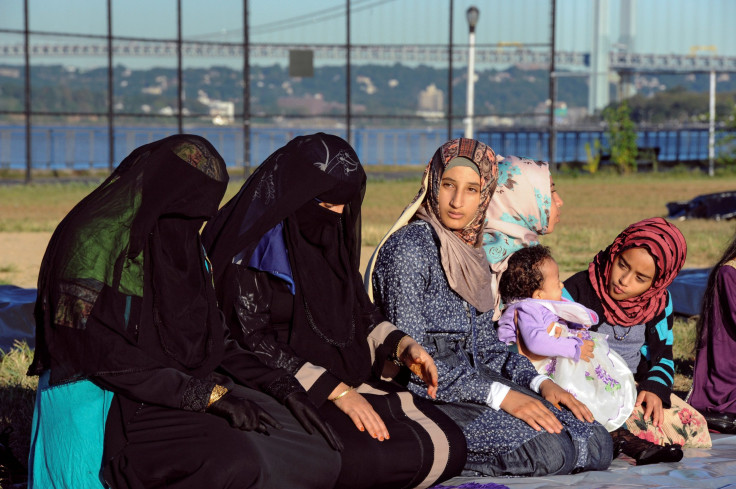Georgia Burqa Restrictions For Driver’s License: Bill Restricting Muslim Veils Sparks Criticism Over Islamophobia

A new bill introduced Tuesday in Georgia’s legislature will bar women from wearing burqas and Islamic veils when posing for driver’s license photos in the state.
Introduced by Republican State Representative Jason Spencer as the House Bill 3, the proposed legislation will subject the female Muslim attire to Georgia’s anti-masking statute that was originally aimed at the Ku Klux Klan.
Spencer stated that his law would target only women who were driving on public roads, but may be expanded to other public properties. The state’s existing anti-masking bill will be amended to add: “For the purposes of this subsection, the phrase ‘upon any public way or property’ includes but is not limited to operating a motor vehicle upon any public street, road, or highway.”
The bill was proposed as a prelude to the 2017 session of the State Legislature but it remains unclear why it was required as wearing burqas in state license photographs is already prohibited, the Atlanta Journal-Constitution quoted Bert Brantley, the commissioner of the state Department of Driver Services, as saying.
“We have agency rules against any kind of facial covering,” Brantley said. “We have to be able to see from below the chin to above the eyebrows.”
Rep. Spencer, however, told Channel 2 Action News that the bill “is simply a response to constituents that do have concerns of the rise of Islamic terrorism, and we in the state of Georgia do not want our laws used against us and to take advantage of us.”
The new bill is facing criticism from the opposition as well as Spencer’s own party members with state Sen. Josh McKoon reportedly saying: “Passing laws that clearly abrogate the free exercise rights of fellow Georgians will do nothing but create additional fear and division.”
House Minority Leader Stacey Abrams called the measure “bigoted” and drew parallels with the presidential elections by saying that it is a “direct result of the rhetoric we heard during Donald Trump’s Islamophobic presidential campaign.”
© Copyright IBTimes 2025. All rights reserved.






















